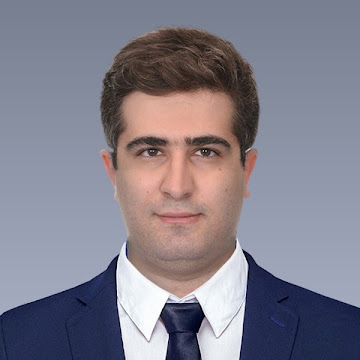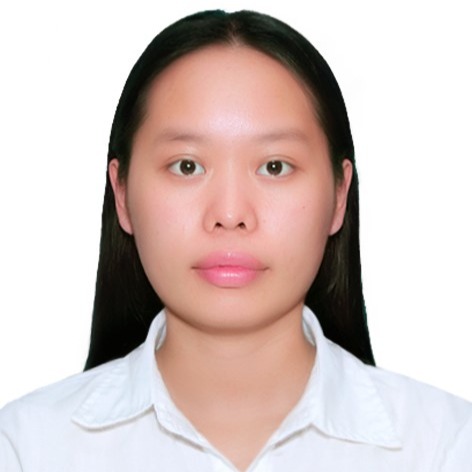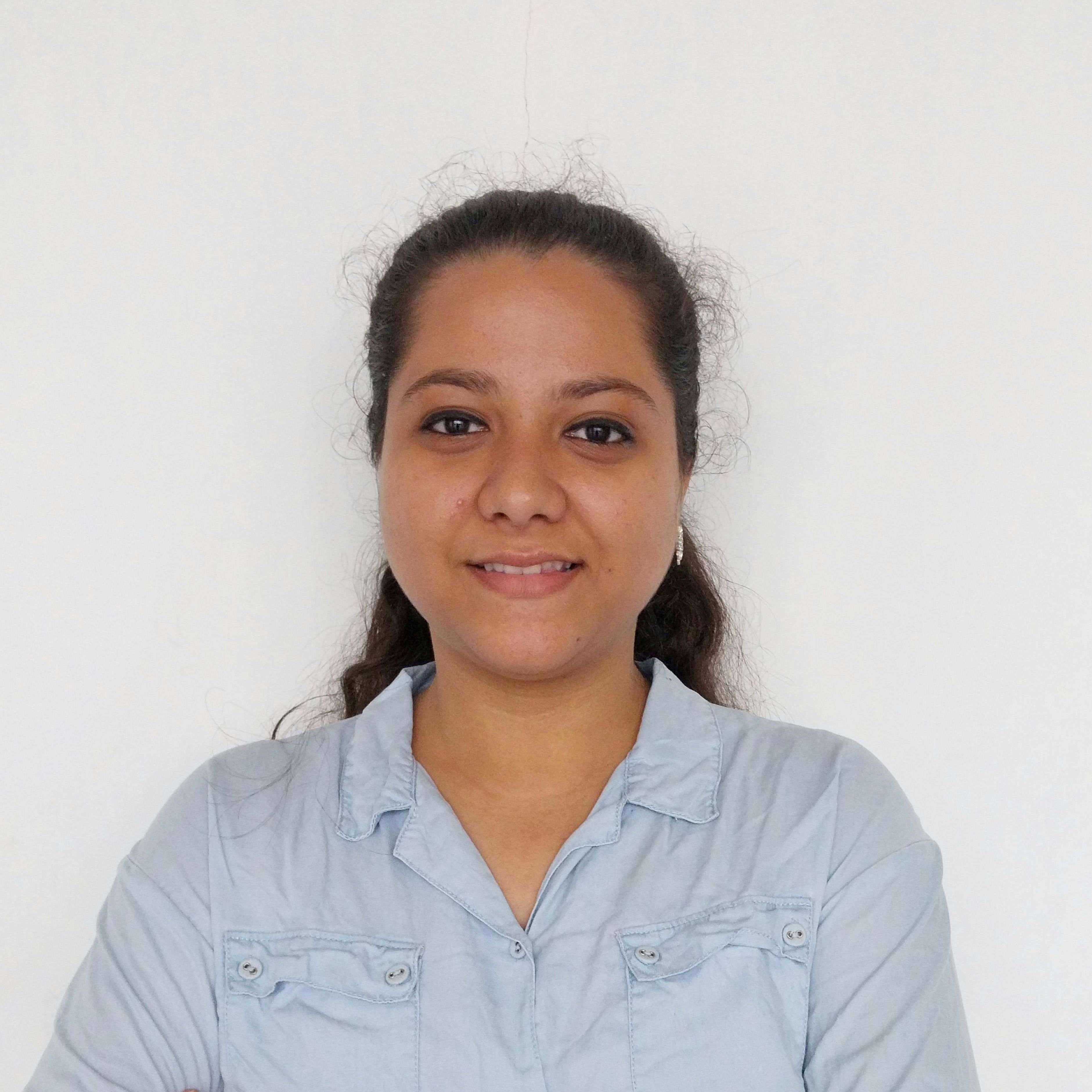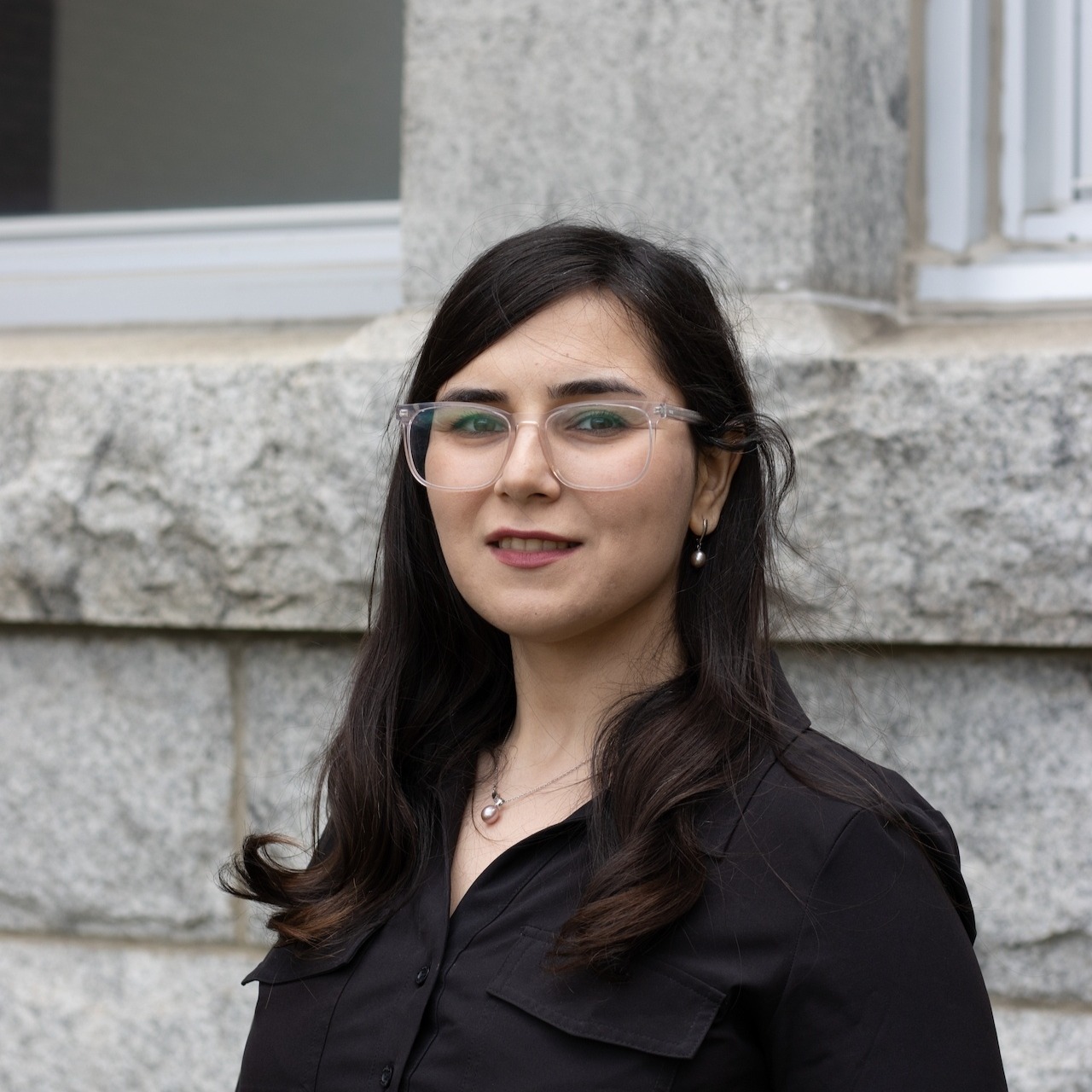Trainees & Training Program

List of Trainees:
PhD Students

Amiremad Sadeghi
Toronto Metropolitan University
Machine Learning for Optimization

Erfan Shahab
Toronto Metropolitan University
Machine Learning for Optimization

Rimi Sharma
Ontario Tech University
Quantum ML and AI Decision Making

Xinyin Zhang
University of Alberta
Quantum ML and AI Decision Making

Aseni Jayarathne
Memorial University of Newfoundland
Machine Learning for Optimization

Pouya Kananian
University of Toronto
Quantum ML & AI Decision Making

Roham Bahri
University of Alberta
Machine Learning for Optimization

Yuxiang Zheng
Memorial University of Newfoundland
Quantum ML and AI Decision Making

Christian Schaible
University of Waterloo
Machine Learning for Optimization

Promise Ezekiel
Toronto Metropolitan University
Machine Learning for Optimization

Thomas Trenty
University of Toronto
Quantum ML & AI Decision Making

Zin Bo Aung
Toronto Metropolitan University
Quantum ML and AI Decision Making

Erfan Rafieikia
University of Alberta
Machine Learning for Optimization

Quoc Thao Nhien Thoong
Memorial University of Newfoundland
Quantum ML and AI Decision Making

Xiaozhu Sun
Toronto Metropolitan University
Quantum Optimization
Master's Students

Heta Shukla
Wilfrid Laurier University
Quantum ML and AI Decision Making

Anjali Luthra
Ontario Tech University
Machine Learning for Optimization

Kasun Wijewardhana
Memorial University of Newfoundland
Quantum Optimization

Mursal Omary
Toronto Metropolitan University
Quantum ML and AI Decision Making

Zeynab Haddadi
L'Université de Sherbrooke
Quantum Optimization
Program Requirements:
In addition to the graduate programs’ degree requirements at students’ home universities, QAI4DO graduate students must acquire technical, experiential and professional skills through the following training components outlined in each tab below.
Technical skills can be acquired through bootcamps, online courses, research seminars and symposiums, detailed below.
Fall and winter bootcamps for orientation to the program, where trainees meet academic mentors and other stakeholders to discuss the challenges and opportunities and identify research topics. Graduate students will enroll either in the fall or the winter semester of their 1st year of the CREATE program.
Four online technical courses (3 weeks, 9 hours of content for each course):
- 2.1. ML for optimization: This course will cover how AI can be integrated within OR to improve efficiency and effectiveness in parameter generation, problem formulation, and solution methodology. This course will be offered in fall.
- 2.2. Introduction to quantum optimization: will cover a wide range of quantum algorithms as well as hybrid quantum-classical algorithms for solving optimization problems. This course will be offered in Fall.
- 2.3. Quantum ML and AI decision making: will focus on quantum ML algorithms, quantum reinforcement learning, generative models and their applications in AI decision making systems. This course will be offered in winter.
- 2.4. Explainable, trustworthy, and cyber-secured decision systems: will teach topics such as transparency, explainability, fairness, robustness, reliability, privacy and cybersecurity of automated decision systems and explain how decision systems can be evaluated and verified. This course will be offered in winter.
* PhD students in the program will be required to take all the courses.
**MASc students will be required to take a total of 3 courses: courses 2.2 and 2.4, and either course 2.1 or 2.3 (depending on the focus of their research topics).
Bi-monthly research seminars
Will be presented by invited world-renowned experts in AI, OR, QC. Held throughout the year, seminars will focus on theories, research methodologies, and case studies in the three thematic research areas and application domains, the challenges faced, and the approaches used to address them. Graduate students must attend > 80% of the research seminars during their program.
QAI4DO biannual symposiums and job fairs
Will be held in Summers of 2027, 2029, 2031. The symposium will include keynote talks and panel discussions, and will be organized according to the research themes and application areas. Trainees will be required to attend the symposiums during their program.
Quarterly tutorials and hands-on problem-solving workshops
Will feature either a tutorial on open-source software frameworks or specific solvers, or a case study or demo problem in a thematic research area, which would be modeled and solved step-by-step by trainees (grouped based on complementary areas of expertise). Graduate students must attend > 80% of the workshops during their program.
Mobility experience
Graduate students will undertake a 4-month (PhDs) or a 2-month (MAScs) internship at an industrial (or other non-academic) partner organization or at a laboratory in one of the participating universities.
In addition to technical skills, trainees will develop professional skills relevant and required for successful careers in diverse sectors through the following components:
Workshops on EDI Principles and Professional Skills Development
All trainees are required to complete 2 EDI awareness training workshops at their institutions on topics such as unconscious bias, micro-aggressions, positive space, and anti-racism. In addition, the trainees must participate in at least one (per year) professional skills development workshop in topics such as communication skills, leadership, research information management, entrepreneurship, professional conduct, teaching and presentation skills, and work-life balance.
QAI4DO website and forum
The program has a dedicated website through which the information about all the major events and activities (seminars, workshops, courses, etc.) will be published. QAI4DO also has a forum accessible to trainees and all other participants to post topics/questions or answer them.
Biennial job fairs
Will be held alongside the QAI4DO biannual symposiums where the trainees can apply for open industry positions and may have on-site interviews

Stipend & Mobility Top Up
While in the QAI4DO Program, each student will receive the following stipend & mobility top-up, if applicable. Mobility top-ups support MASc and PhD students to attend their internships at industrial partner organizations or at external labs (those not located at their home institution).

PhD
$8,000 per year
Mobility top-up
$15,000
(if paid-internship by industrial partner)

MASc
$7,500 per year
Mobility top-up
$7,500
(if paid-internship by industrial partner)

Undergraduate
$3,000 in a summer

Postdoctoral Fellow
$9,206 per year
limited to one or two postdoctoral fellows per year
